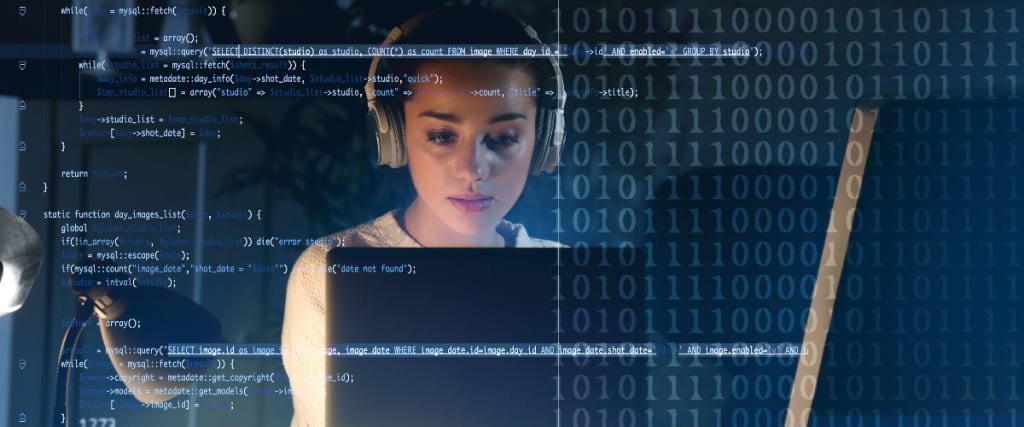
So this is Part II to the article, and if you have missed Part I, you may want to check that out first.
Just like Part I, if you are looking for quick one-liner answers, they are highlighted in underline for your quick reference (Yes I just saved you another five minutes of your time, you’re most welcome).
As a recap, the article will be going over the following points:
- What you need to get started—Part I
- What programming languages to learn—Part I
- Where to learn these languages—Part II
- How long it's going to take to get a job—Part II
Where to Learn These Languages
After Part I, you kind of have some idea on how to get started and what language to learn. The next question is how to get that qualification.
Well, a decade ago, having a degree in computer science was the only way to get into the programming industry, but these days the barrier of entry is much lower. For many companies, it is your level of proven technical skills that will get you the job, not your degree. Many software programmers were not asked about their degrees during interviews, what mattered more is their portfolios and that they could do their work.
My personal take on acquiring a computer science degree just for the sake of a career switch is actually that it is quite a waste of time and money. Most university programs for computer engineering take three to four years, cost tens of thousands of dollars, and tend to waste a lot of time teaching outdated, irrelevant subjects like physics and biology. Furthermore, in many people’s experiences, you’re more likely to be taught by a PhD student looking to make some pocket change as opposed to someone with real industry experience.
As a result, a lot of students spend years in a university, graduate with $30,000 in student loan debt, and realize that they can't even built a simple application.
On the contrary, there might be other cases that can totally debunk my above points. Some computer science degrees are really up-to-date and universities can also be a good place to make connections. But still, if you want to learn to code well, you have to be willing to do more learning by yourself on top of the degree.
So how should one do their self-learning?
The good news is that there are tons of books and online courses out there on any number of subjects. The coding community is very large and very supporting, so if you're looking to get into coding there was a whole world of educational resources at your fingertips. Free general platforms such as Codecademy, freeCodeCamp, Coursera, edX and Udacity are a great place to start for total beginners. On top of that, once you have a more targeted area to learn, you can delve deeper on specific topics via various established Youtube channels, blogs, and forums. You may check out this article for 71 best places to learn coding for free.
Bottom line is, you get to decide what you want to learn, and won't have to waste time studying irrelevant subjects, and more often than not, you don’t even have to pay for it.
How Long It's Going to Take to Get a Job
You know what to learn and where to learn, the last question on your mind is how long do I have to learn until I can try applying for a job.
The answer is, it really depends, but if you can dedicate two hours a day to code intensively on average every day, after two to three months you should be fairly comfortable writing basic programs. After that, you will need another three to six months to specialize in one area such as web development, mobile development, or data science. So in total, I would say you need around six months to a year of your time on studying and practicing programming to become job-ready.
Once you are at that point, you should more or less be ready to land your first job as a junior software developer with an average salary of $60,000 to $70,000 a year. Then, as you gain more experience in the industry, your resume starts to get more impressive, and you can easily ask for $100,000 to $120,000 a year if not more.
If you are an absolute beginner, I’d say try settling aside the two hours each day for coding for a month first. At the end of a month, you will get a slight taste of what it takes to be a programmer and how it makes you feel. If you didn’t like it, it won’t cost you much (at most just the opportunity cost of binge watching a few Netflix series) and you still did gain the experience of learning a new language briefly. But if you find yourself looking forward to learning more and more of it each day, then coding might just turn out to be your cup of tea—and the added bonus of a good salary certainly won’t hurt.
About the Creator
Judy Mae
I put words on the internet.






Comments
There are no comments for this story
Be the first to respond and start the conversation.